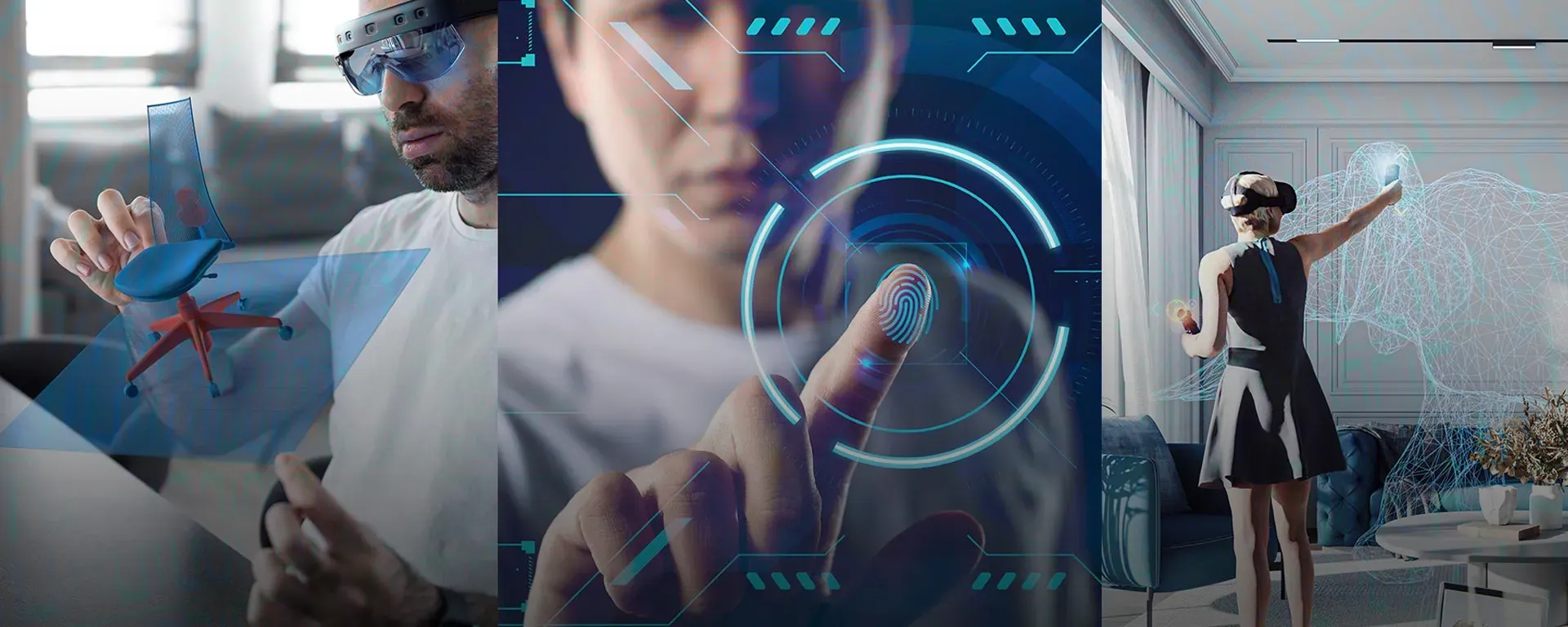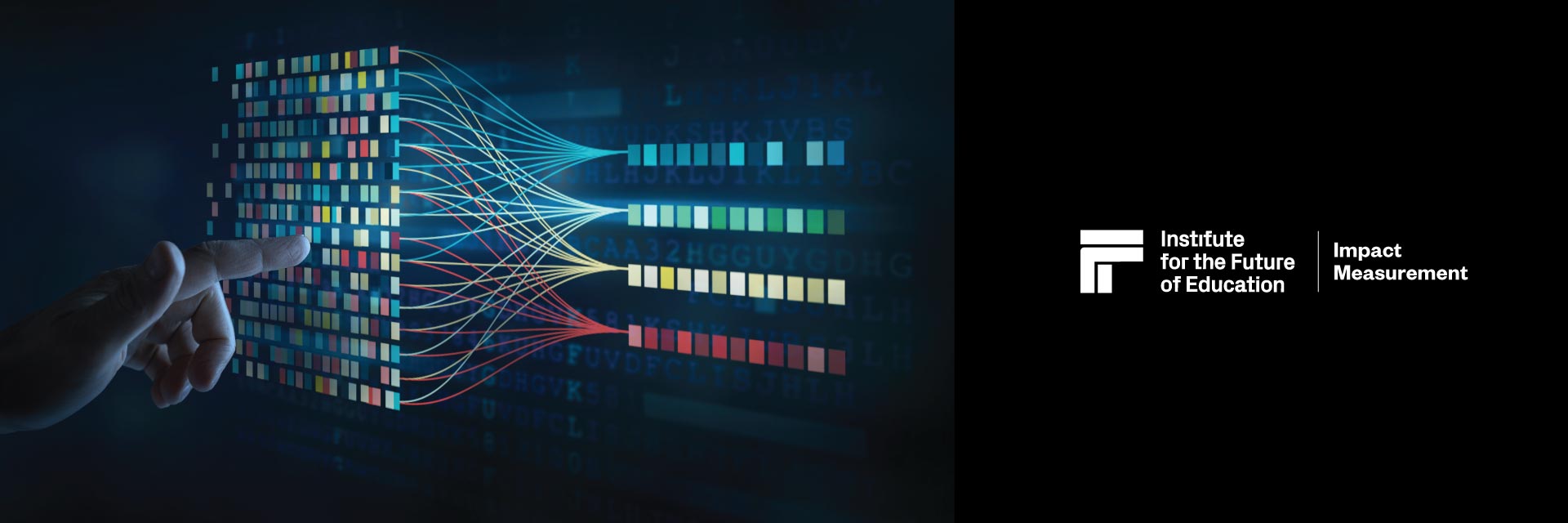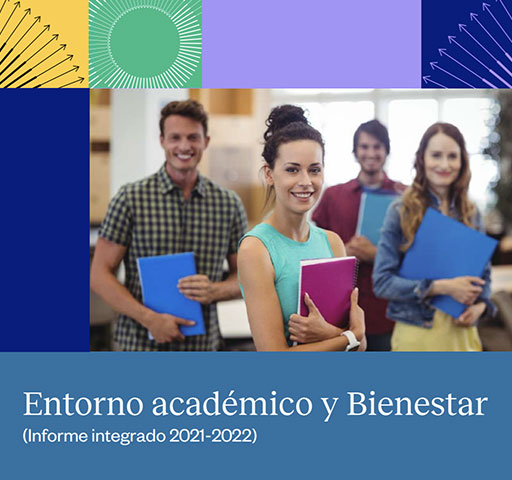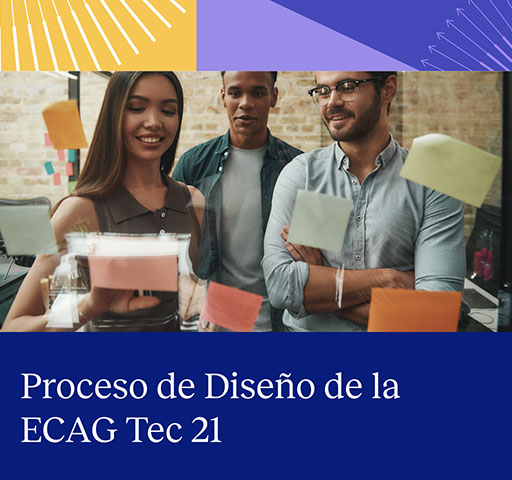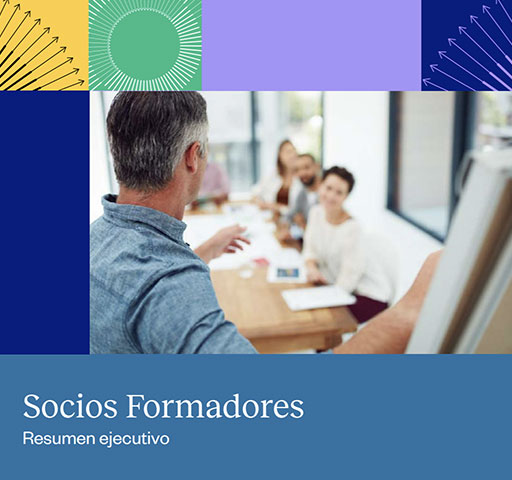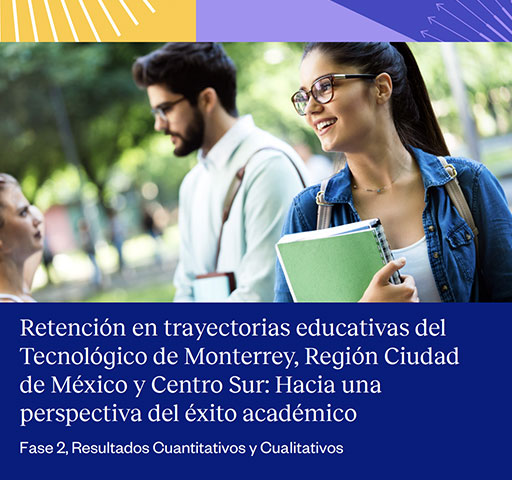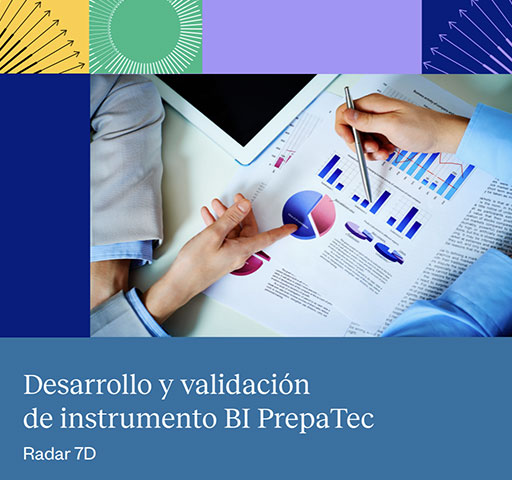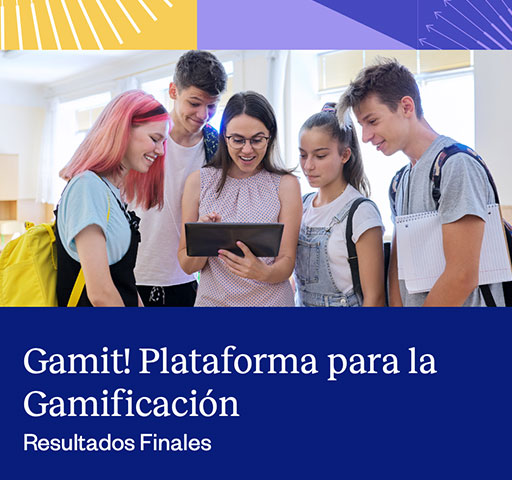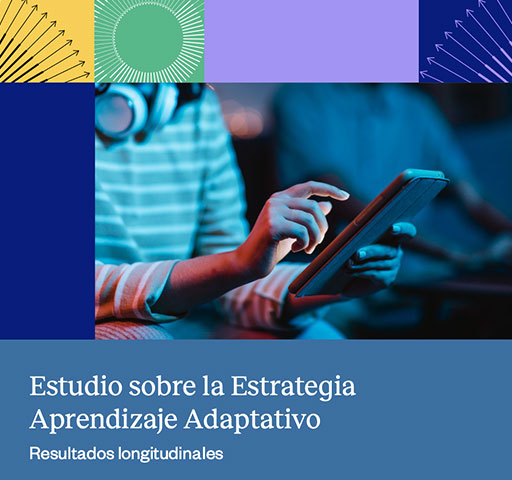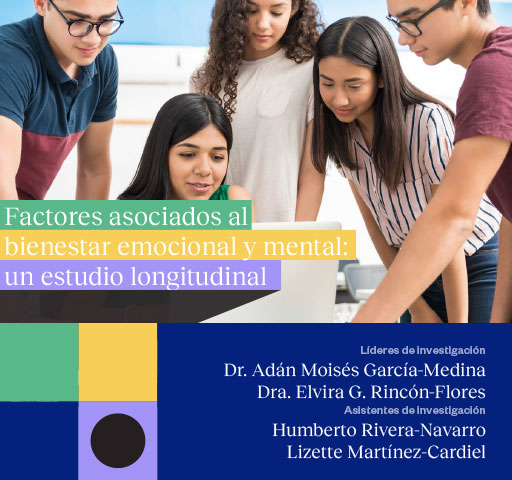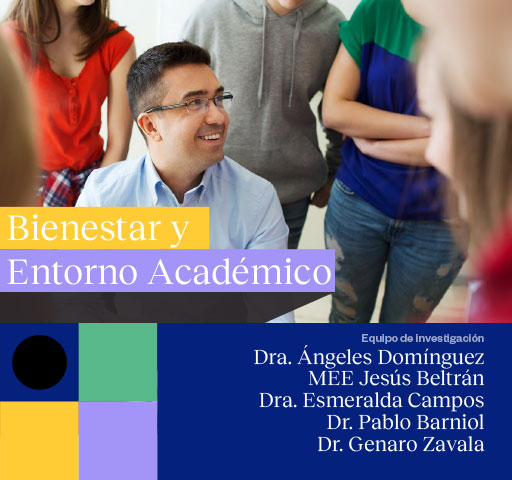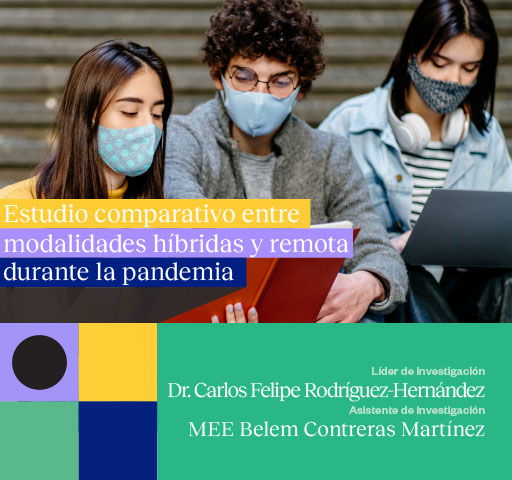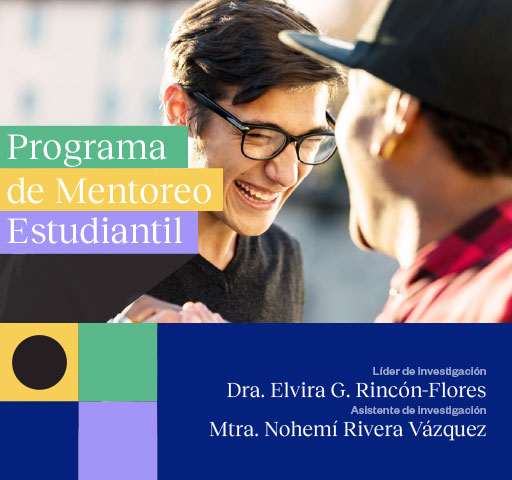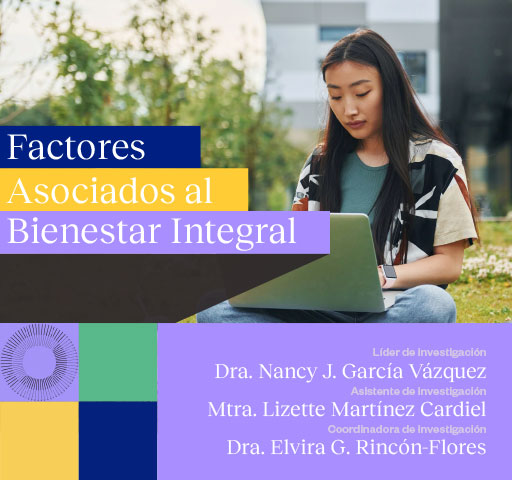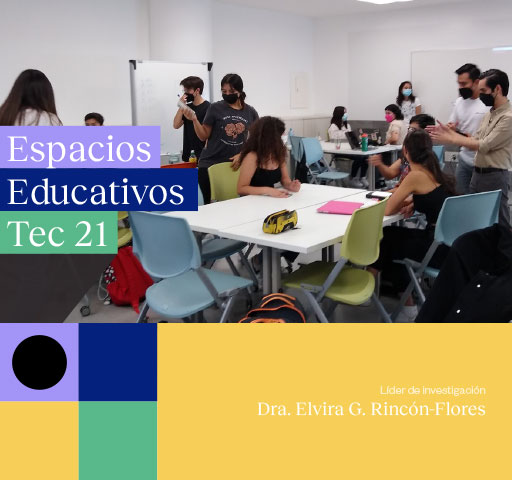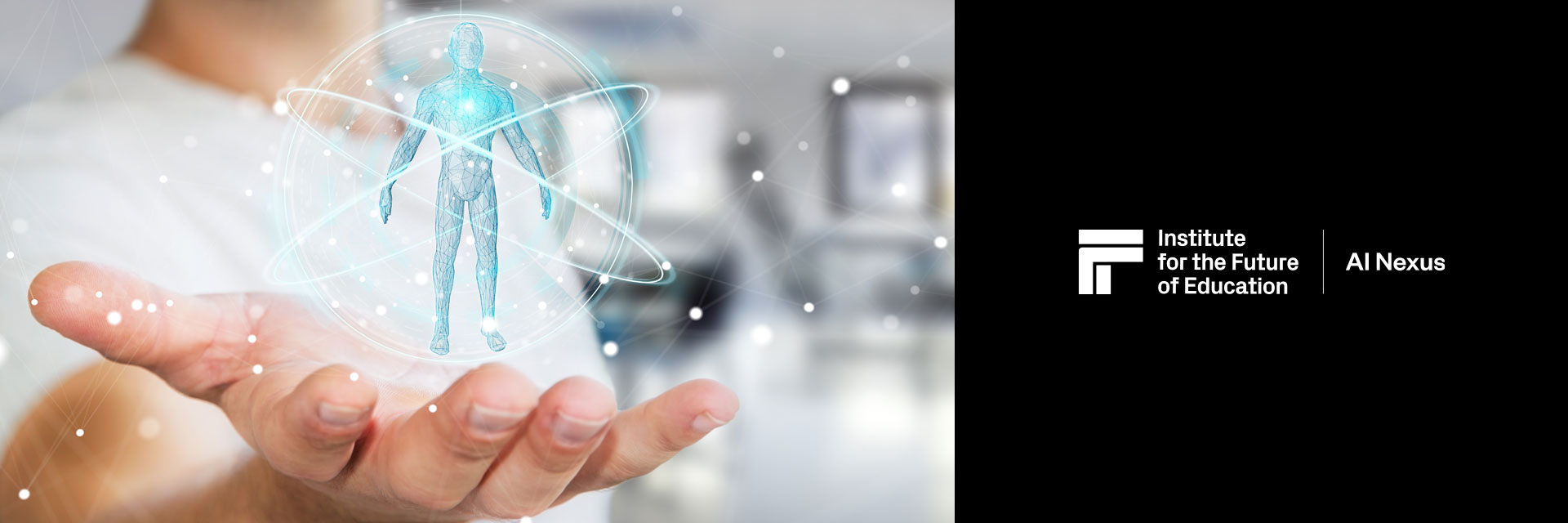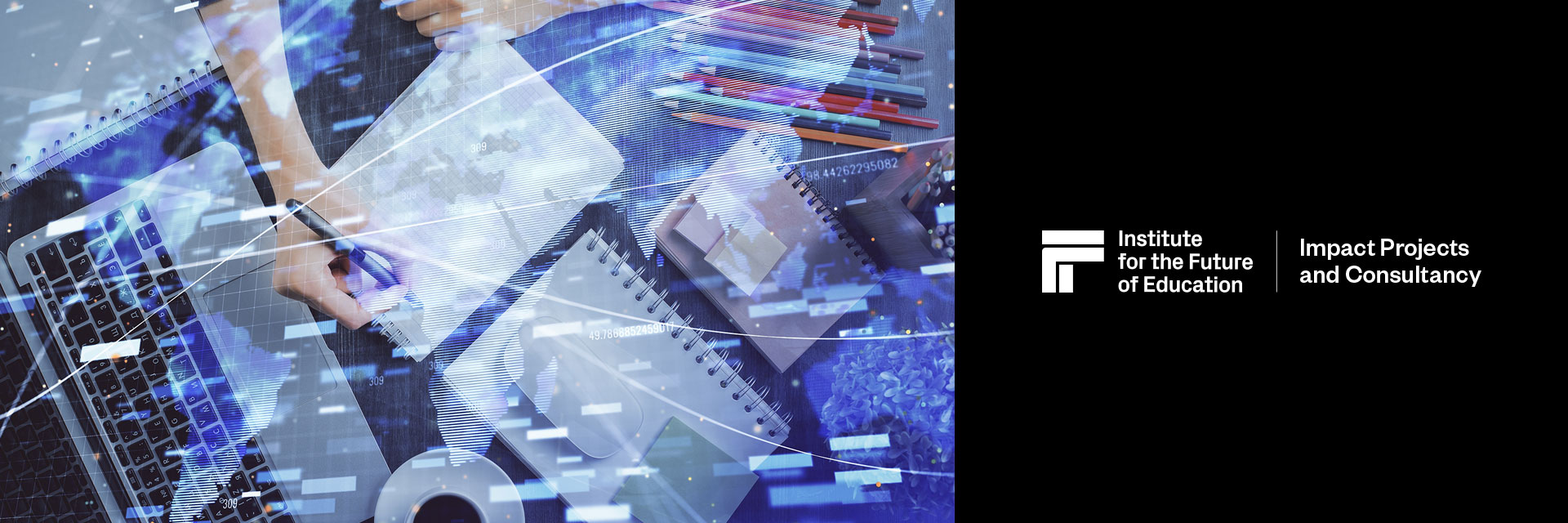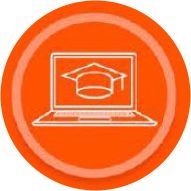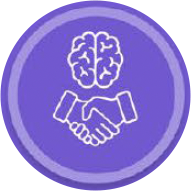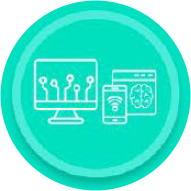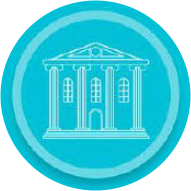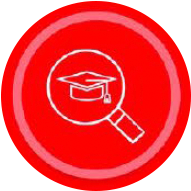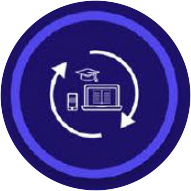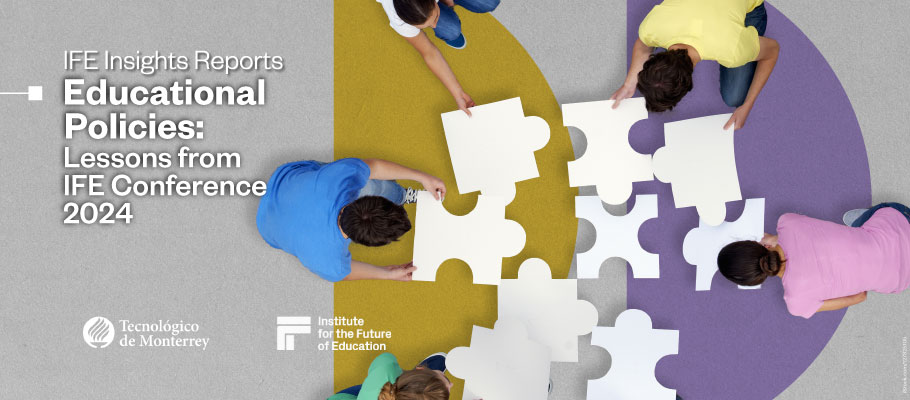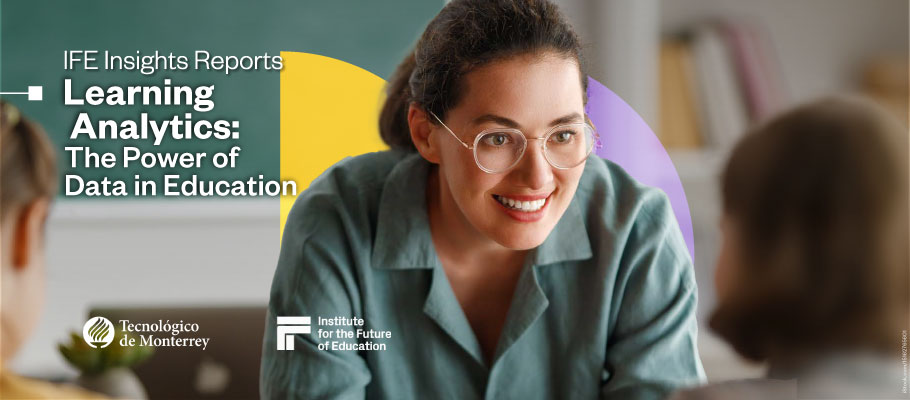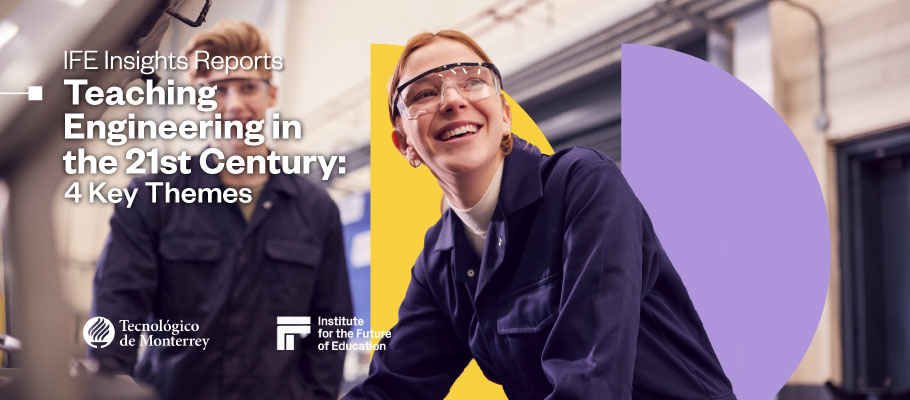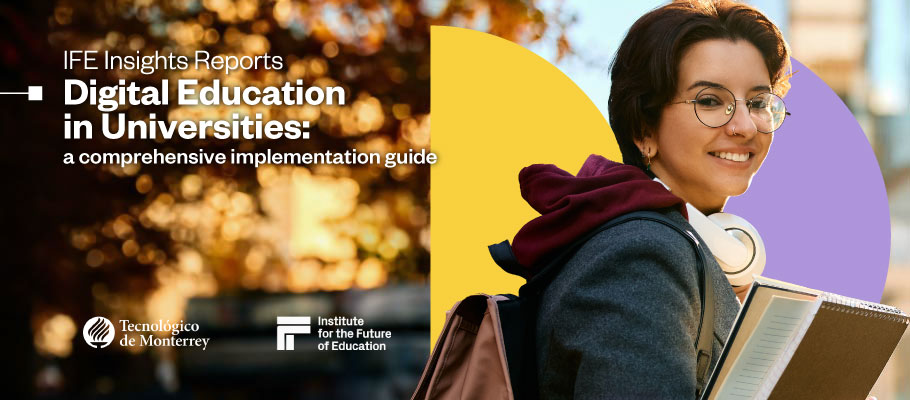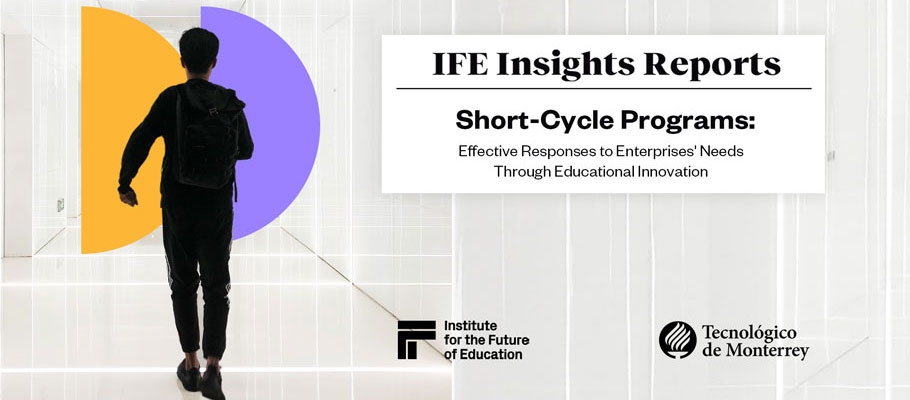Research Lab

The Research Lab is committed to conducting innovative interdisciplinary research that addresses the most pressing challenges facing education worldwide.
Research Lab Projects



Shaping Skills
This project, involving universities from across multiple countries, aims to develop a dynamic and adaptable framework for understanding and anticipating the future skills required in the Industry 4.0 labor market.
The project seeks to create a responsive model that evolves with technological advances and changing economic conditions through interdisciplinary research that integrates insights from educational technology, artificial intelligence, and labor market analysis. This dynamic model facilitates continuous learning and skill development, which is critical for addressing the rapid pace of change in industry needs.
Learn more about this project at: www.shapingskills.mx


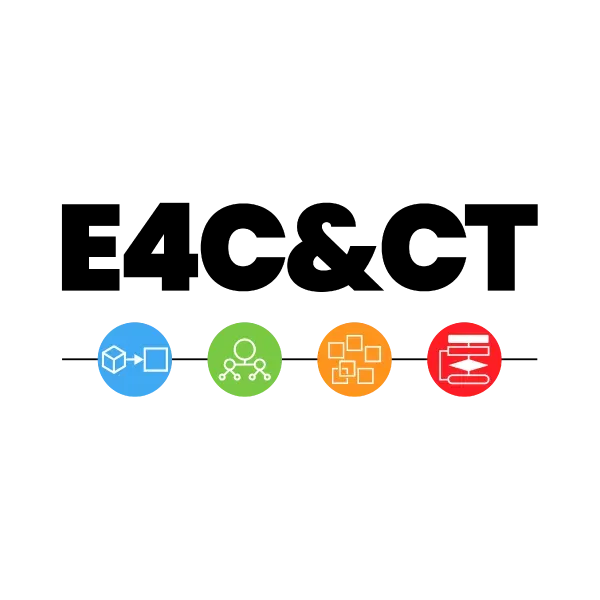
E4C&CT—Ecosystem for Scaling Up Computational Thinking and Reasoning for Complexity
The E4C&CT project aims to transform education by integrating computational and complex thinking as key competencies for the digital age.
Built on advanced technologies like AI, data mining, and virtual labs, the platform offers inclusive, personalized, and competency-based learning aligned with the UN Sustainable Development Goals.
Learn more about this project at: e4cct.mx


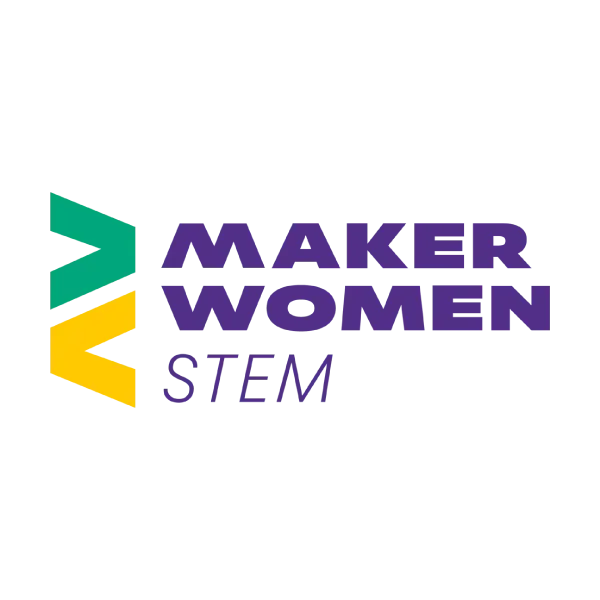
Maker & STEM Education: Equal access to progressive pedagogies to boost STEM development for all women
This project develops and evaluates an integrated ecosystem of learning, mentoring, and collaboration based on optimizing Maker Education in Latin America. The main objective is to promote women’s participation and empowerment in STEM disciplines. This approach seeks to increase women’s inclusion in the STEM workplace and enhance their progress and professional development in these fields.
Learn more about this project at: makerwomenstem.eu

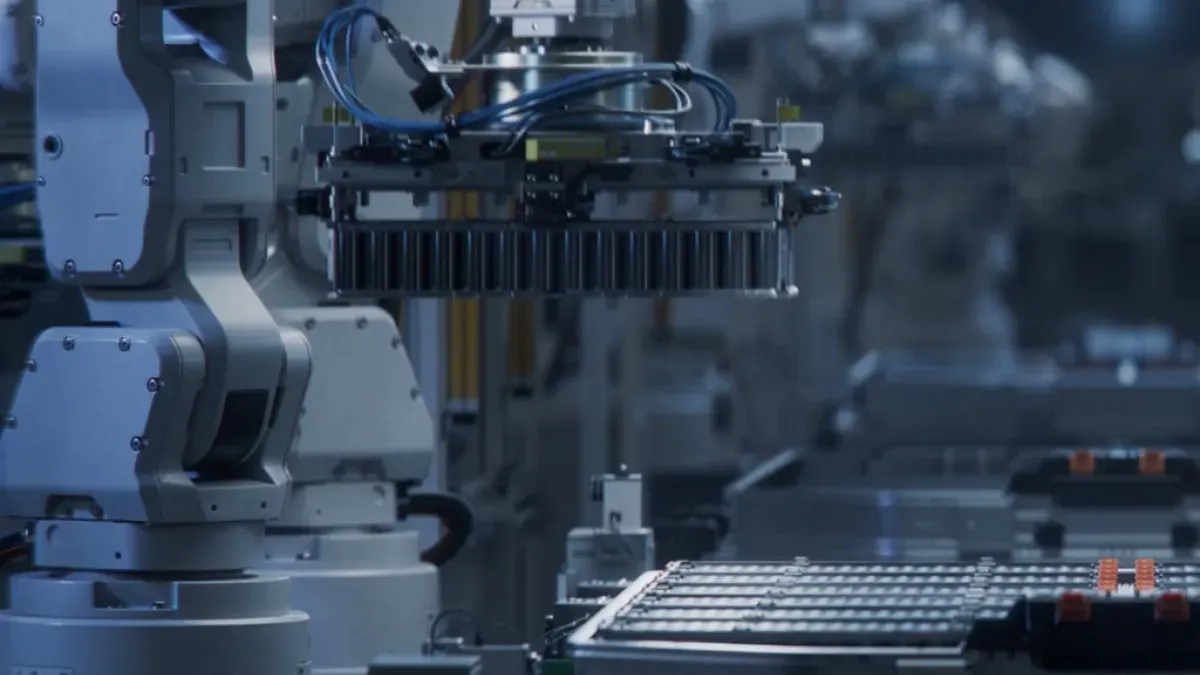

SHINE: Sustainable Hub for Innovative e-Mobility Education
This collaboration between King’s College London and Tecnológico de Monterrey aims to develop a virtual learning platform for e-mobility education. It seeks to bridge the skills gap in Mexico and the UK, promoting sustainable mobility solutions. The platform will offer interactive, industry-relevant content, AI-driven personalized learning, and assessment tools. Key goals include accreditation, knowledge exchange through mobility programs, and long-term sustainability via industry partnerships and research funding, ultimately supporting the growth.
Learn more about this project at: ev-lh.com



MOCHILA: Microcredentials in Higher Education for Latin America and the Caribbean - Mexico, Dominican Republic, Chile, and Guatemala
MOCHILA seeks to strengthen the capacities of Higher Education Institutions (HEIs) in Latin America and the Caribbean (LAC) to design and issue digital micro-credentials in response to the growing labor market demands for retraining and professional development, especially in areas such as engineering, health, and entrepreneurship.
Learn more about this project at: www.proyectomochila.org



EcoEmprende: Driving SMEs Toward Sustainability and Innovation
This project involves developing a specialized training program for MSME staff in Mexico City (1,000 people) to foster entrepreneurial skills and generate innovative ideas. The program focuses on equipping participants with tools and knowledge to drive sustainable development and increase their capacity to adapt to climate change in alignment with the objectives of the 2018-2024 National Development Plan.
Learn more about this project at: www.ecoemprende.net
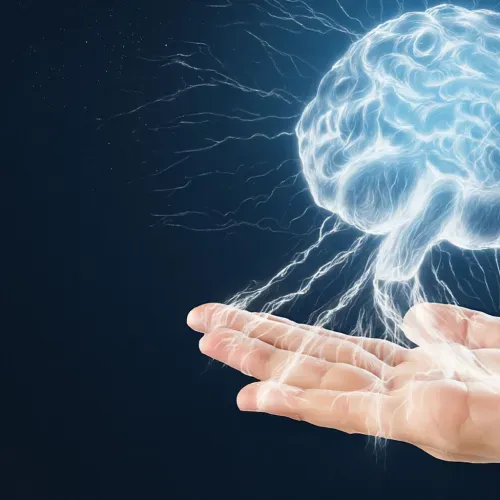


CTE4A – Education for Complex Thinking for All: A digital center and school for lifelong learners
The CTE4A project aims to create a digital collaborative hub to train lifelong learners in complex thinking skills, such as scientific, critical, systemic, innovative, and computational thinking. It offers an openaccess platform that uses AI, Open Educational Resources (OERs), and immersive learning technologies to provide personalized learning experiences. The CTE4A Digital Hub will serve as a repository for OERs and cater to learners from academia, industry, civil society, and government. A key feature is the integration of micro-credentials and certifications aligned with the CONOCER Competence Standard, ensuring formal recognition of acquired skills.
Learn more about this project at: www.research4challenges.world/complex-thinking-education-for-all



Exploring Online Learning in VR-Supported STEM Laboratories
This project aims to develop immersive laboratory experiences in science, technology, engineering, and mathematics (STEM) using virtual reality and real-time reconstructed avatars that foster personalized learning, increased engagement, team communication, enjoyment, collaborative planning, group self-efficacy, and accessibility. These experiences will allow for a comprehensive evaluation of student outcomes compared to traditional laboratory environments.
